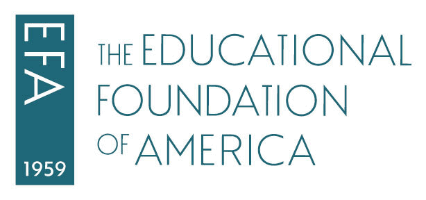
Hazel Dickens: It's Hard to Tell the Singer from the Song
- Mimi Pickering
- 2000
 Color
Color- 60:00
- Betacam SP video
Film Description
From the coalfields of West Virginia to the factories of Baltimore, Hazel Dickens has lived the songs she sings. A pioneering woman in bluegrass and country music, Hazel influenced generations of songwriters and musicians with songs of hard work, hard times, and hardy souls. The National Endowment for the Arts awarded her a National Heritage Fellowship in 2001, and the Washington Post has described her as “a living legend of American music, a national treasure," one who has bolstered working people at picket lines and union rallies throughout the land with piercing vocals that powered the soundtracks for films Harlan County USA and Matewan. The film features interviews with Hazel and fellow musicians such as Alison Krauss, Naomi Judd, and Dudley Connell, interwoven with archival footage, recent performances, and 16 powerful songs including Mama’s Hand, Working Girl Blues, and Black Lung. Hard To Tell The Singer From The Song profiles a modern woman dealing with contemporary issues from a feminist perspective that is the product of her experiences being Appalachian, being displaced physically and culturally, being poor and working class, being a woman artist in a man’s world — and being a bearer of tradition.Screenings & Festivals
- Corcoran Gallery of Art
- Chicago Art Institute
- Nashville Independent Film Festival
- Pacific Film Archives, Berkeley
Not yet preserved.
To support the work of preserving and safeguarding the collections, please consider designating a donation to Appalshop Archive.
Reviews
“The film is among the most graceful to come out of Appalshop. It definitely does justice to the raw honesty of Dickens’ words and the truth of her experience.” — Ozark Foothills Film Festival
“The screening was great. Just about everyone in the theater gathered in the lobby afterwards to talk about the greatness of Hazel and Mimi’s film.” — Gene Siskel Film Center, Art Institute of Chicago
“Impressive.” — No Depression magazine















